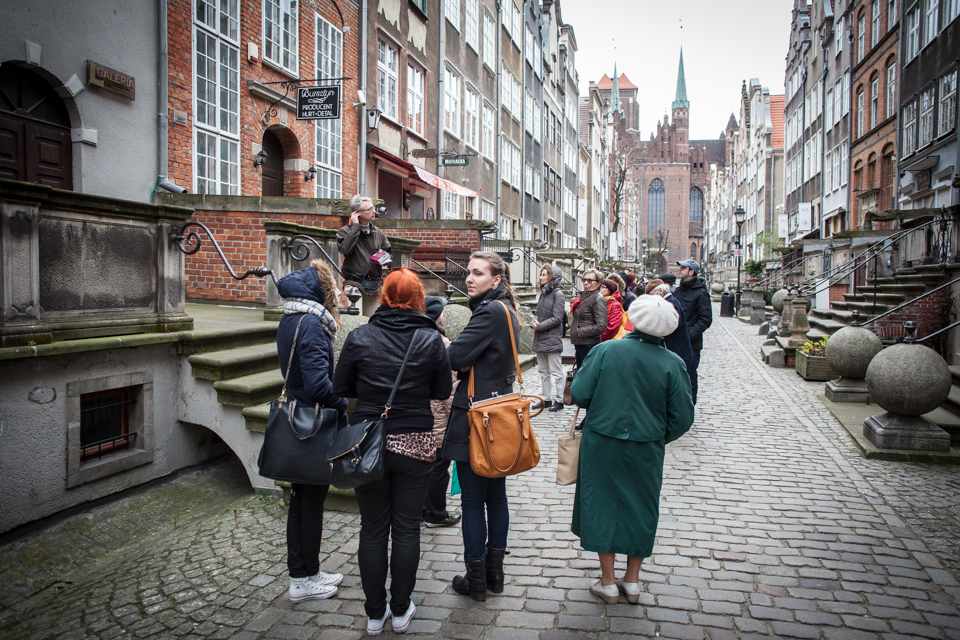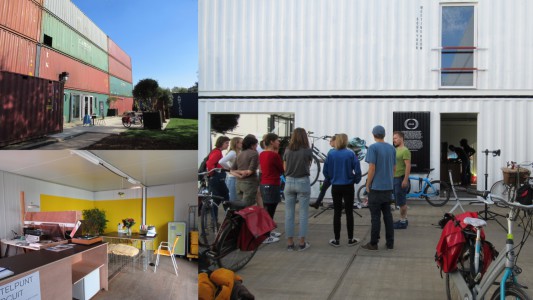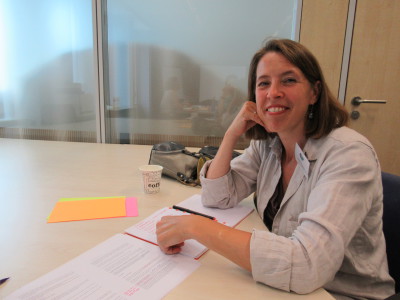Visiting the City of Temporary Use
Who can still remember vacant spaces and buildings, which someday were spaces free of rules, a ground for fertile experimentation, individual empowerment and creativity development? We could grow and empower ourselves as we can remember from the 50s’ film “Le chantier des gosses (link is external)”, where children were spending their leisure time in an yet-to-be-built abandoned lot in the very centre of the city of Brussels, and where the nephew of Tati’s “My Uncle” was eating doughnuts and whistling at pedestrians so that they would bump into a lamppost.
Vacant (abandoned places, urban wastelands, brownfields, derelict lands, degraded and deteriorated lands or buildings) can still foster creativity and experimentation for the city, benefitting from a Temporary Use. And many cities have experimented with them over the past few decades, putting together a source of inspiration for innovation and change and thus providing a new driver and incubator for urban development.
Continue reading →



